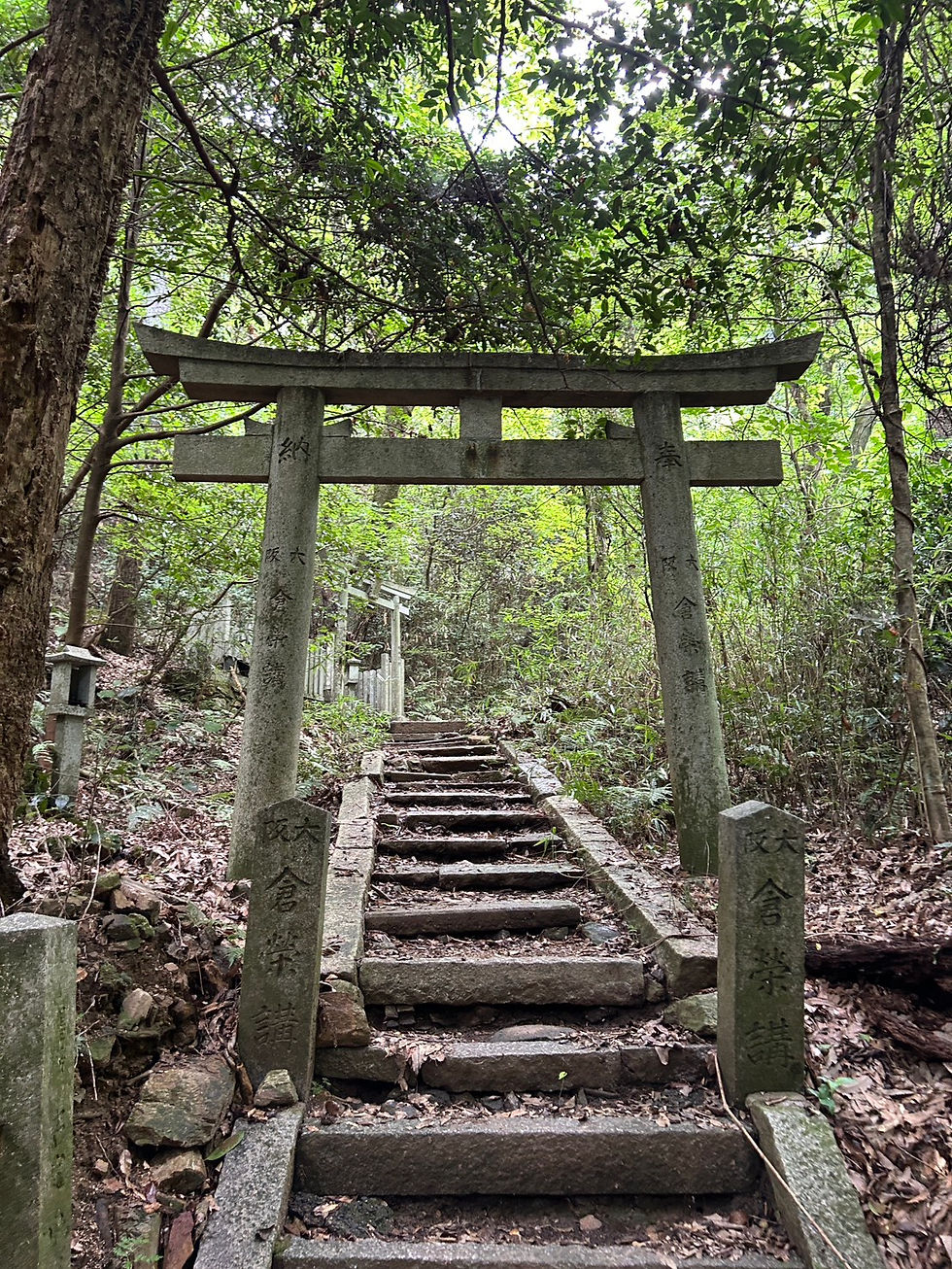Saving Sakamoto Ryoma - Attack at Tereda-ya!
- Phillip Jackson

- Aug 9, 2021
- 3 min read
Everyone in Japan knows Sakamoto Ryoma, and most people know the role he is said to have played in Japanese history. The story of a young man that wanted to change the country and in the end paid the ultimate price for facing down those who would have it different. The Fushimi area of Kyoto was where Ryoma would spend alot of his time when in the old capital and his image is plastered on walls and in shops around the area of Chushojima and Momoyama, as it was in this area that he would stay at the Tereda-ya.

In the 19th century Fushimi was a busy river port. Tereda-ya was an inn for people who were travelling by boat between Kyoto and Osaka. Today, it is still possible to stay at Tereda-ya but it is mainly a museum dedicated to Sakamoto Ryoma. There is a small fee to enter, but well worth a visit for anyone interested in the history.
Attempted Arrest of Sakamoto Ryoma(1866)
After overseeing the famous Choshu and Satsuma clans alliance, which would eventually lead to the Shogun handing back power to the emperor, Sakamoto Ryoma returned to Kyoto and the Tereda-ya. The Tokugawa government authorities in Kyoto had been aware of Ryoma from going back and forth between the Shogun’s enemies. Orders were given for his arrest and on the 23rd January 1866, upon his return, Ryoma and his bodyguard Miyoshi were relaxing in an upstairs room when Ryoma’s wife Oryo, who had been taking a bath downstairs, raced up the stairs to announce that the Fushimi Bugyo (Magistrates) Police had arrived to either arrest or kill Ryoma.

Ryoma and Miyoshi fended off the attack for a while (Ryoma with his famed pistol and Miyoshi with his spear) but outnumbered, Ryoma and Miyoshi fled the Tereda-ya to safety though not before Ryoma’s hands were badly cut.
Tereda-ya receives many visitors and the above story is told but where did Ryoma and Miyoshi flee to? Well, they managed to escape from the building and across roofs, down to the streets and then eventually hiding out in a lumber store. This location was about 1/2km from Tereda-ya by the Otebashi (bridge) over the River Go. A stone post and small notice marks the spot today.

But even though he was away from immediate danger there was still work to be done to get Ryoma to a safe location to tend his wounds and heal. Ryoma's wife, Oryo, who had initially alerted Ryoma to the attack ran 1km from Tereda-ya to the Satsuma barracks where a boat was sent to pick up Ryoma from close to Otebashi and bring him back. The Satsuma barracks is of course no longer standing but is also marked by a stone post and notice where it was by Shimoitabashi (bridge) just further north of Otebashi also over the River Go.
Tereda-ya Incident (1862)
Tereda-ya was also known for another violent encounter. In the spring of 1862 as many as 50 ronin from Satsuma (plus 10-20 others from different areas) were meeting at Tereda-ya to plan a revolt in Kyoto to take control of the Imperial Palace in support of the emperor. Nine Satsuma samurai were sent and ordered to bring back their fellow clansmen. After a short clash a number of the rebels were killed before the remainder decided to give up their plans and back down.

Pictured above, a shop front painting of the attack on Ryoma at Tereda-ya in 1866.
When visiting any locations featured on the HIDDEN PATHS blog page or books please be aware of and follow covid-19 restrictions and advisory that are currently in place.
To find out more about locatins related to Sakamoto Ryoma and the Meiji Restoration pick up a copy of HIDDEN PATHS Volume 1 or Omnibus Edition from any region of AMAZON.





Comments